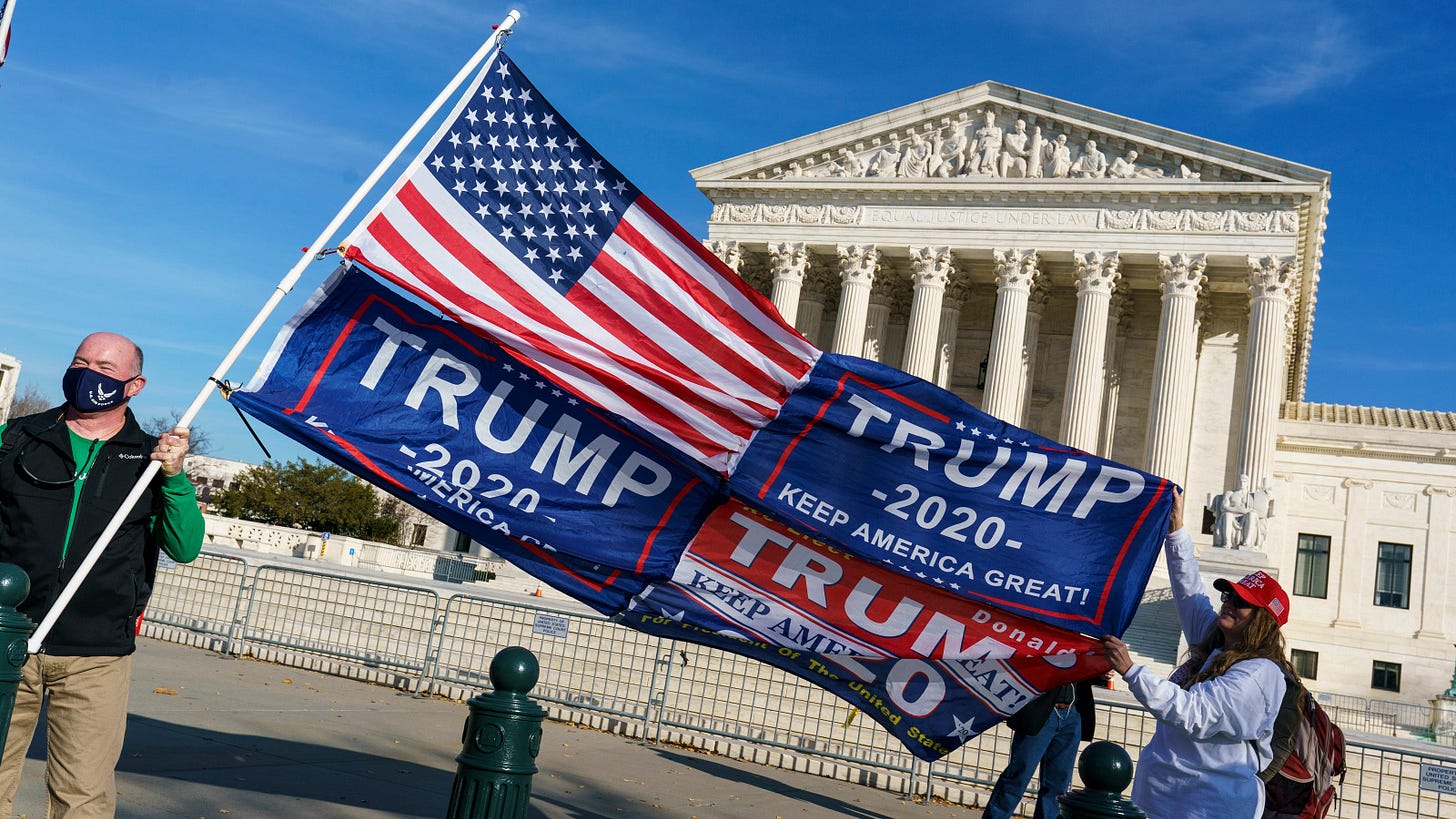Supreme Court case could give politicians unchecked power over elections
High court to review "independent legislature theory"
The U.S. Supreme Court issued its final opinions of the year this week, with controversial rulings on abortion, guns, immigration and climate regulations rounding out a tumultuous term for the 9 Justices. The court also welcomed its newest Justice on Thursday: Ketanji Brown Jackson was officially sworn in to replace Justice Stephen Breyer, who announced his retirement earlier this year. Jackson becomes the first Black woman to sit on the nation’s highest court.
But as this term ends, the Justices are already looking ahead to the upcoming term, placing several new cases on the docket for the fall. Among them is a redistricting case in North Carolina that critics fear could give state legislators unchecked power over federal and state election rules.
In Moore v. Harper, Republicans in the North Carolina legislature are seeking to reinstate a congressional map that was thrown out by state courts. The case seeks to test the “independent legislature theory,” which argues that lawmakers have the power to regulate election rules without arbitration from state courts.
If a majority of the Court’s Justices agree, it would have major implications ahead of the 2024 presidential election. Many supporters of former President Donald Trump tried, unsuccessfully, to invoke the independent legislature theory to invalidate electoral votes in several swing states won by President Joe Biden in the 2020 election.
At least four of the court’s Justices have penned writings expressing interest in the theory. The case is likely to be argued in the fall, which means that a ruling is going to come after the November midterm elections.
The case also has the potential to give Justices the power to intervene in federal elections if there is a dispute with a state court’s interpretation of election laws. Voting rights lawyers, who fear that the Supreme Court has become politicized, have viewed state courts as the last line of defense against dramatic changes to election rules.
It’s not the only upcoming Supreme Court case that could drastically reshape election laws. The court is also set to hear a case in Alabama, where Republican leaders are seeking to overturn a provision of the 1965 Voting Rights Act that prohibits voting practices and laws that discriminate on the basis of race.


While these cases will not be decided in time for this year’s midterm elections, expect them to drastically alter the landscape of the 2024 presidential election. Not only could federal oversight of elections be further reduced. State courts, which have provided a check and balance on state election law changes, might also have their powers neutered.
“Would decimate checks and balances,” Cook Political Report analyst Dave Wasserman said of the upcoming case.




VOTE BLUE VOTE BLUE💯